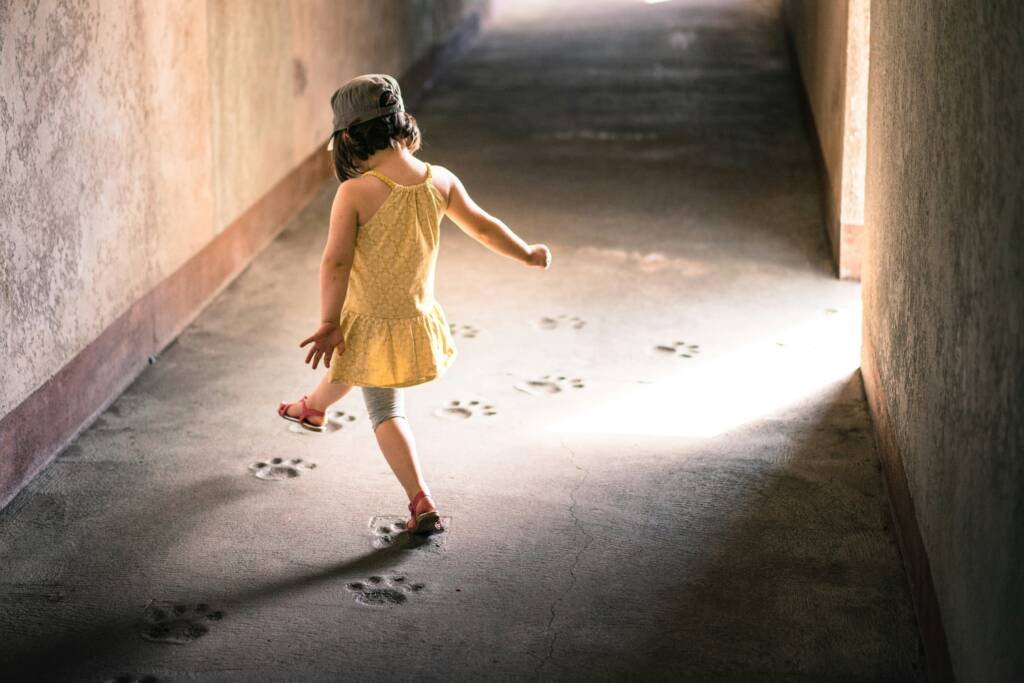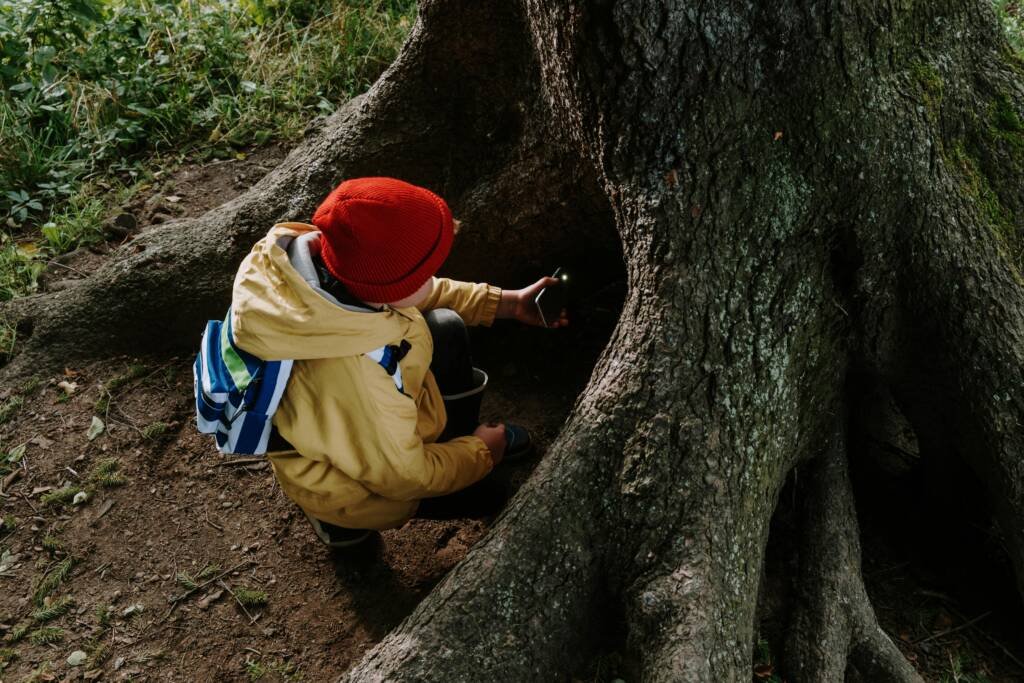Awakening Consciousness in Children through Daily Reflection
In the quiet moments before dawn, when the world is still and the air holds the sacred breath of silence, the rishis of ancient Bharat would sit in contemplation — eyes closed, minds still, hearts open to the cosmic rhythm. In that silence, they heard the truths of the universe. In that stillness, they discovered the Self. This sacred practice of daily reflection — of turning inwards before stepping into the world — was not a luxury of the wise, but a necessity for every soul seeking dharma, clarity, and peace.
Today, in classrooms cluttered with data, deadlines, and distractions, our children race through knowledge but rarely pause to know. They are taught to solve problems, but seldom taught to observe their thoughts. They learn to express opinions, but struggle to listen to their inner voice. In this frenzy of outward achievement, the inner world — the seat of true wisdom and wellbeing — remains neglected.
It is time we return to the source. It is time we awaken consciousness in our children — not as an abstract ideal, but through simple, sacred routines of daily reflection that reconnect them with themselves and the world around them.
The Lost Art of Inner Seeing
The Vedas declare: “Aham Brahmasmi” — I am the Absolute. But how can a child begin to even glimpse this truth if they are never invited to see themselves — not as grades, ranks, or achievements, but as beings of infinite potential, dignity, and divinity?
In Taittiriya Upanishad, a guru tells the student not merely what to know, but how to be — rooted in truth (satyam), discipline (damah), and reflection (svādhyāya). These were not occasional sermons but daily disciplines — humble rituals of self-enquiry, silence, and connection with one’s inner light.
Children too can be guided on this sacred path. It does not require lofty philosophy, but a space of stillness — a pause between action and awareness, where they may witness their feelings, examine their thoughts, and kindle the flame of inner knowing.


Reflection as a Ritual: Ancient Wisdom, Modern Practice
What if every day in school began with a moment of mauna — silence?
What if children sat in a circle, closed their eyes for a few minutes, and simply noticed their breath?
What if they were asked, “What did I feel today? What did I learn about myself?”
Such practices are not alien to us. Sandhyavandanam, practiced at dawn and dusk, was a spiritual rhythm woven into daily life — not for priests alone, but for every seeker. Svādhyāya, or self-study, was both introspection and a reflection upon sacred truths. Nityānitya viveka — discerning the eternal from the ephemeral — was cultivated not in old age, but from the earliest years.
Today, these can be reborn as short reflective journals, silence circles, guided meditations, gratitude exercises, or storytelling infused with moral and emotional insight. Through these, children learn not just to study the world, but to understand themselves.
Education as a Sacred Journey, Not a Mere Transaction
The National Education Policy 2020 envisions a shift towards holistic, value-based, and experiential education — an education that nurtures head, heart, and hand. Reflection is the golden thread that binds these three. It gives meaning to knowledge, compassion to thought, and purpose to action.
When a child reflects, they begin to:
-
Make sense of their emotions rather than being overwhelmed by them.
-
Build empathy, as they understand not just their world but others’.
-
Become self-aware, and thus self-regulating — developing inner discipline, not imposed obedience.
-
Connect learning to life, as they see themselves as participants in the journey, not passive recipients.
In an age of hyper-connectivity, daily reflection creates inner connectivity. It roots children in their identity, aligns them with dharmic values, and equips them to navigate life’s complexities with resilience and grace.
Small Practices, Sacred Impact
Reflection does not demand grand time blocks or elaborate rituals. Just a few intentional minutes — but done daily, done mindfully, done with love — can shift the child’s inner compass.
Some transformative practices for classrooms and homes:
-
Morning Silence (Mauna Mantra): Begin the day with 2 minutes of deep breathing and stillness.
-
Gratitude Circle: Children name one thing they’re grateful for — invoking santosha and contentment.
-
Emotional Check-in: Let them name their feelings without judgment — nurturing sākṣī bhāva (witness consciousness).
-
Reflective Journaling: A simple prompt — “What did I learn today?” or “What made me happy today?”
-
End-of-Day Storytelling: Share a story from Itihasa, Panchatantra, or daily life that provokes reflection, not mere entertainment.
Let these not be mechanical rituals, but meaningful windows into the soul.
Reclaiming the Sacred in the Everyday
We must remember: Bharat’s genius has never been in its conquest of the outer world, but in its profound mastery of the inner one. While the West gave the world the microscope, Bharat gave the world the antar-drishti — the inward gaze.
As educators, parents, and visionaries, we are not merely preparing children for exams or employment. We are shaping the very soul of the future. And that soul, if it is to be radiant, resilient, and rooted, must be nurtured through reflection — the bridge between knowing and being.
The Time is Now
In a world of noise, give children silence.
In a culture of speed, give them stillness.
In a race for success, give them self-awareness.
Let every day become a sacred pause — a space where children can breathe, feel, question, grow.
For in that sacred pause, Bharat breathes again.
And in every child who reflects, the rishi awakens.
“Yasya nāsti svayaṁ prajñā śāstram tasya karoti kim?”
— “What can the scriptures do for one who lacks inner wisdom?”
Let us, then, raise a generation whose first lesson is to know themselves.
In that knowing, they will find the courage to live with purpose, the clarity to learn with joy, and the compassion to serve with grace.
Let reflection not be an add-on. Let it be the very heart of learning.
Let consciousness not be a concept. Let it be awakened — gently, daily, beautifully.
And in that awakening, may we reclaim the true purpose of education: to become more fully, luminously human



